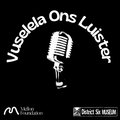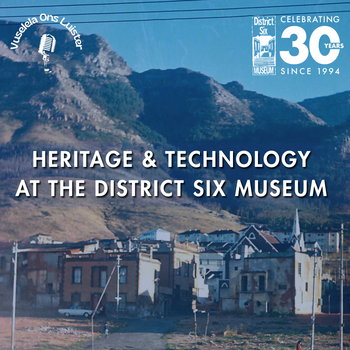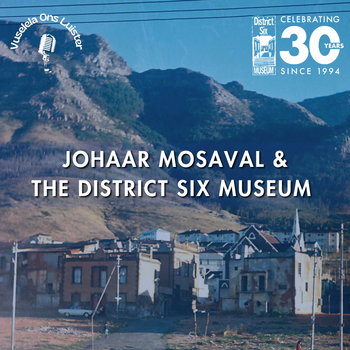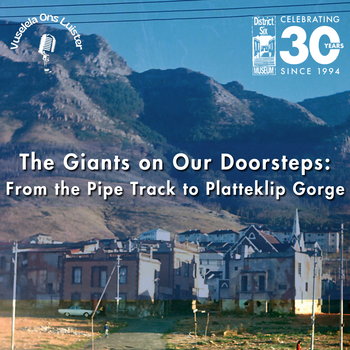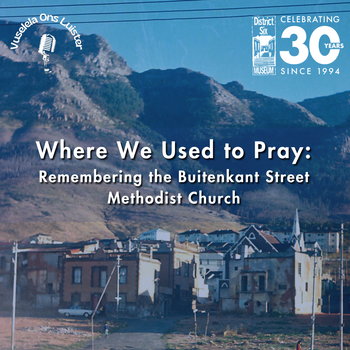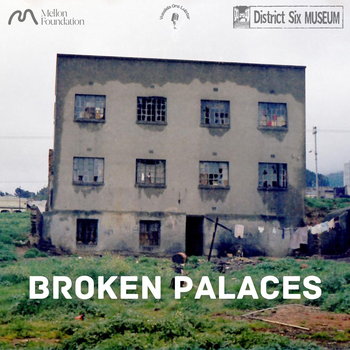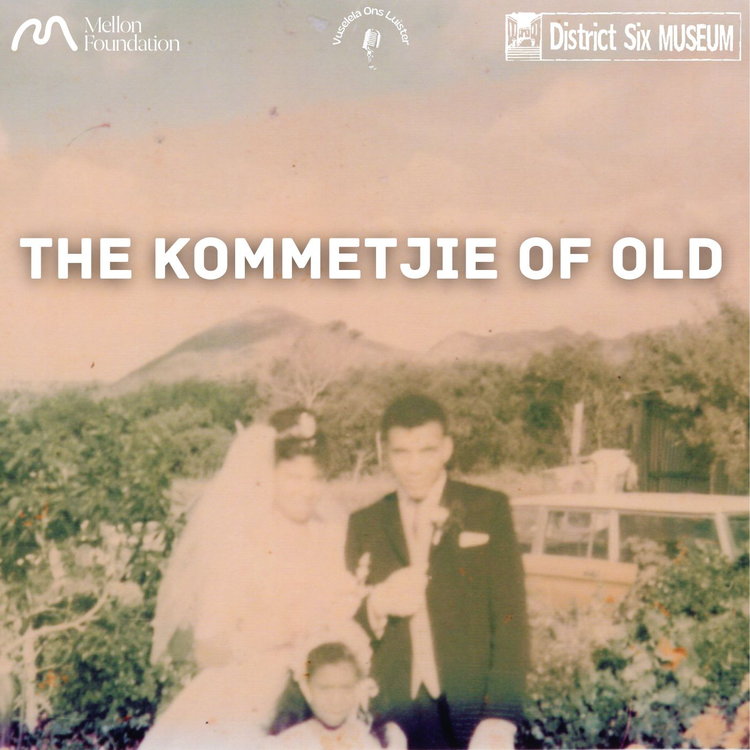
The Kommetjie of Old
Loading player...
This is the story of Jacob and Louisa Daniels from Kommetjie, a small coastal village on the South Peninsula of the Cape. Jacob Daniels first arrived in Kommetjie in 1918. By 1967, he married Louisa, and together they raised a family of twelve children who enjoyed all the natural beauty and resources Kommetjie had to offer.
In 1972, Kommetjie was declared a White Group Area, and the Daniels family was forcibly removed to Ocean View, a township three kilometres to the east of Kommetjie.
In this podcast, Johanna Williams and Louisa Layters remember the love and hard work that shaped their parents’ lives and their contribution to the development of Kommetjie.
Photo credit: Louisa Layters, Peter James Layters and their niece on their wedding day in Kommetjie. Image supplied by Louisa Layters and Johanna Williams.
Guests: Johanna Williams & Louisa Layters
Featuring: Ayanda Mpono
Story, narration, editing & sound design: Lisa Hendricks
Music: AleXZavesa, Pixabay
All podcasts and digital stories can be found on YouTube & iono.fm.
Find the podcasts here https://www.youtube.com/@districtsixmuseum1867 and https://iono.fm/c/7917.
The oral history programme is funded by the Mellon Foundation.
In 1972, Kommetjie was declared a White Group Area, and the Daniels family was forcibly removed to Ocean View, a township three kilometres to the east of Kommetjie.
In this podcast, Johanna Williams and Louisa Layters remember the love and hard work that shaped their parents’ lives and their contribution to the development of Kommetjie.
Photo credit: Louisa Layters, Peter James Layters and their niece on their wedding day in Kommetjie. Image supplied by Louisa Layters and Johanna Williams.
Guests: Johanna Williams & Louisa Layters
Featuring: Ayanda Mpono
Story, narration, editing & sound design: Lisa Hendricks
Music: AleXZavesa, Pixabay
All podcasts and digital stories can be found on YouTube & iono.fm.
Find the podcasts here https://www.youtube.com/@districtsixmuseum1867 and https://iono.fm/c/7917.
The oral history programme is funded by the Mellon Foundation.
